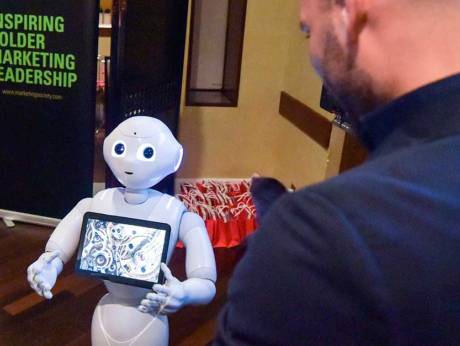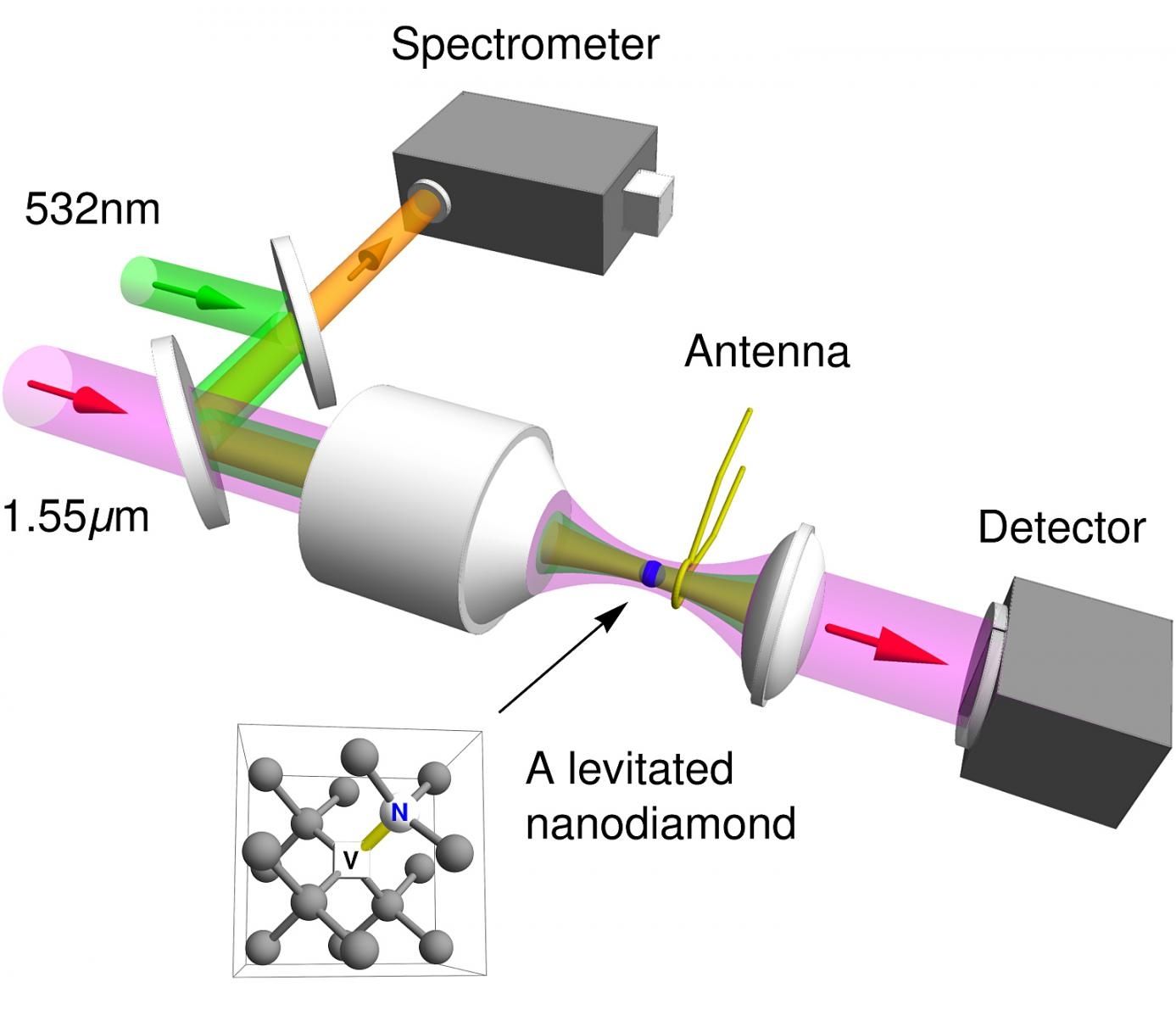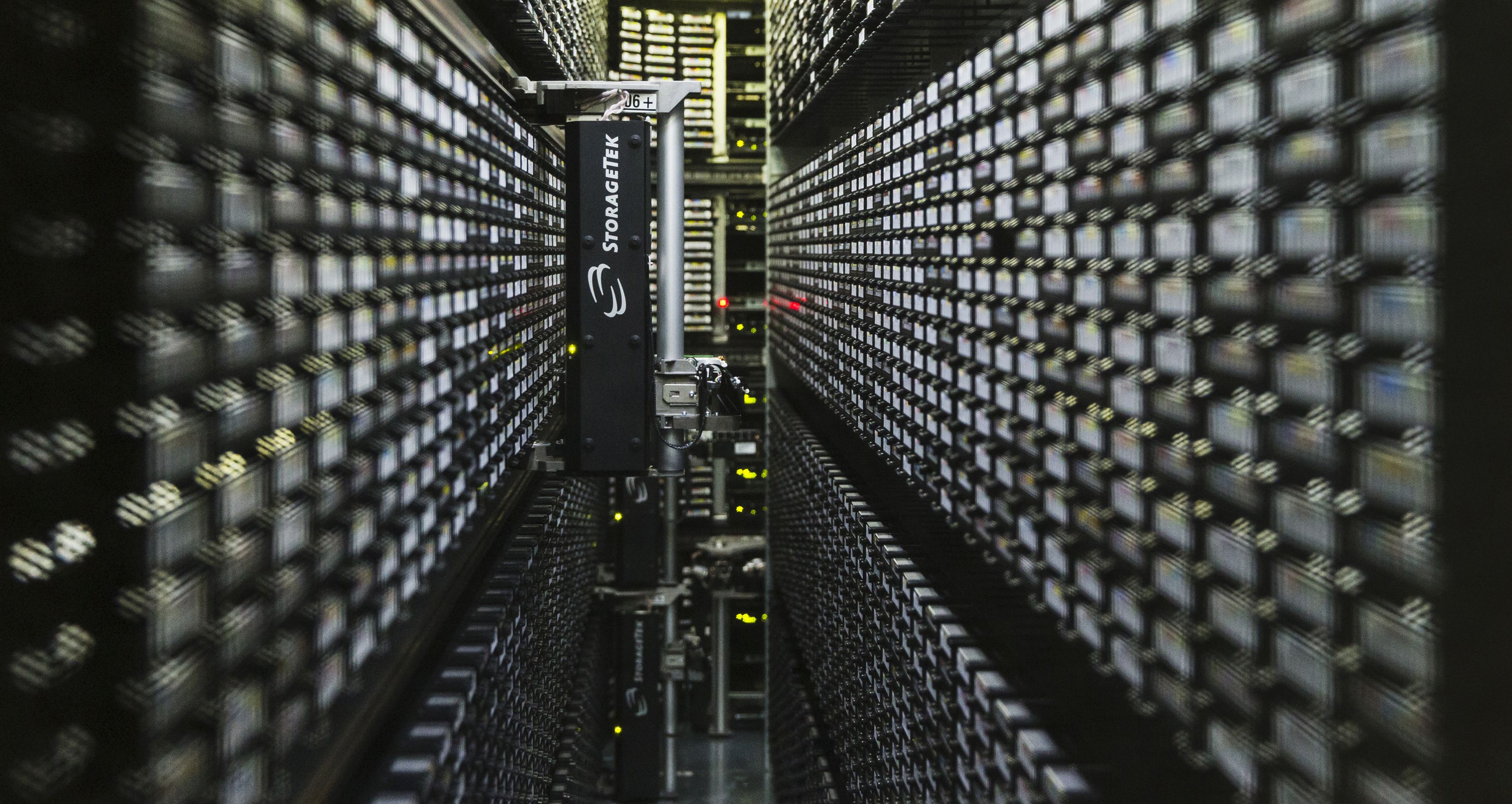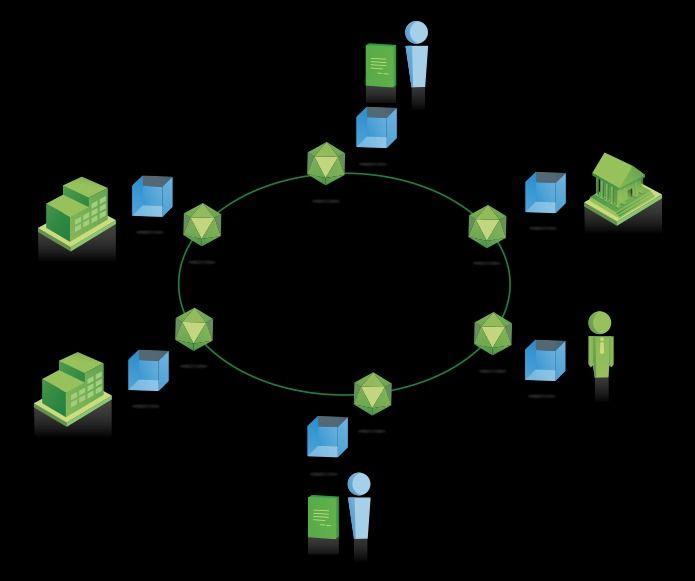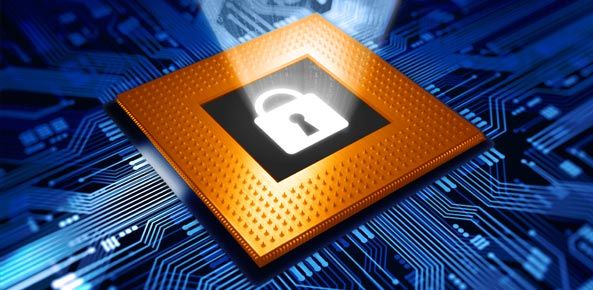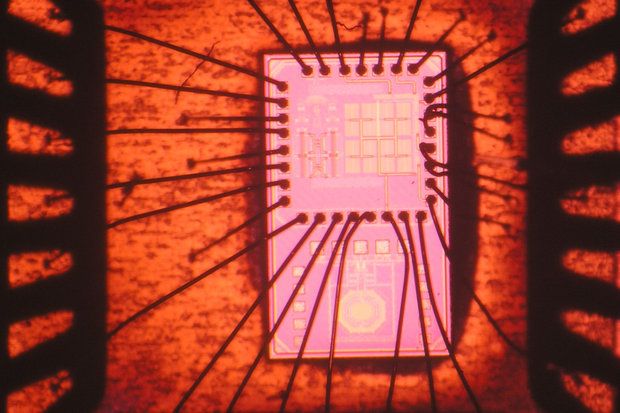Page 11400
A temporary tattoo that can read your emotions. Could this be a new method used for events to id possible problem people. Of course, more work is needed and costs will need to improve; however, is this another tool to help id possible mass murderers, etc.?
The new Israeli-designed skin electrode, affixed to the skin just like a temporary tattoo, can monitor emotions and restore damaged tissue.
Jul 19, 2016
Electron spin control: Levitated nanodiamond is research gem
Posted by Karen Hurst in categories: nanotechnology, quantum physics
I’m telling folks there is much to be learn in the usage of natural and synthetic resources especially around diamonds — Nanodiamonds Magic.
WEST LAFAYETTE, Ind. — Researchers have demonstrated how to control the “electron spin” of a nanodiamond while it is levitated with lasers in a vacuum, an advance that could find applications in quantum information processing, sensors and studies into the fundamental physics of quantum mechanics.
Electrons can be thought of as having two distinct spin states, “up” or “down.” The researchers were able to detect and control the electron spin resonance, or its change from one state to the other.
Continue reading “Electron spin control: Levitated nanodiamond is research gem” »
Jul 19, 2016
World’s Smallest Hard Drive Writes Data Atom-By-Atom
Posted by Karen Hurst in categories: computing, nanotechnology, particle physics
Meet the world’s smallest hard drive.
Dutch scientists have developed a unique solution to deal with the data storage problem. By manipulating single atoms, researchers have created the world’s smallest hard drive capable of storing 1 kilobyte of data (8000 bits) in a space under 100 nanometers across. The technology means that all the books in the world could be stored on a device the size of a postage stamp.
In a study published Monday in the journal Nature Nanotechnology, scientists from the Technical University of Delft (TU Delft) said that they have created an atomic hard drive with a storage density that is 500 times greater than current hard drive technology.
Continue reading “World’s Smallest Hard Drive Writes Data Atom-By-Atom” »
Jul 19, 2016
Quantum computers show potential to revolutionize chemistry
Posted by Karen Hurst in categories: chemistry, neuroscience, quantum physics, robotics/AI, solar power, supercomputing, sustainability
Like this feature on QC.
If you have trouble wrapping your mind around quantum physics, don’t worry — it’s even hard for supercomputers. The solution, according to researchers from Google, Harvard, Lawrence Berkeley National Laboratories and others? Why, use a quantum computer, of course. The team accurately predicted chemical reaction rates using a supercooled quantum circuit, a result that could lead to improved solar cells, batteries, flexible electronics and much more.
Chemical reactions are inherently quantum themselves — the team actually used a quote from Richard Feynman saying “nature isn’t classical, dammit.” The problem is that “molecular systems form highly entangled quantum superposition states, which require many classical computing resources in order to represent sufficiently high precision,” according to the Google Research blog. Computing the lowest energy state for propane, a relatively simple molecule, takes around ten days, for instance. That figure is required in order to get the reaction rate.
Continue reading “Quantum computers show potential to revolutionize chemistry” »
Jul 19, 2016
IBM Blockchain Launches Secure Cloud Service Beta
Posted by Karen Hurst in category: bitcoin
1st D-Wave2 is playing with Blockchaining, with QC and now IBM offering in their cloud services.
IBM Blockchain is launching a cloud-based service that allows companies to test performance, privacy, and interoperability of blockchain systems.
Jul 19, 2016
Post-Quantum Cryptography Aims To Fend Off Advanced Hack Attacks
Posted by Karen Hurst in categories: cybercrime/malcode, encryption, internet, quantum physics
Luv it; more believers.
Quantum computers promise to enable faster, far more complex calculations than today’s silicon chip-based computers. But they also raise the possibility that future computers could retroactively break the security of any digital communications that exist today, which is why Google is experimenting with something called “post-quantum cryptography.”
While quantum computer development remains in its early stages, some such computers are already in operation. In theory, future generations of quantum computers could “decrypt any Internet communication that was recorded today, and many types of information need to remain confidential for decades,” software engineer Matt Braithwaite wrote yesterday in a post on Google’s security blog. “Thus even the possibility of a future quantum computer is something that we should be thinking about today.”
Continue reading “Post-Quantum Cryptography Aims To Fend Off Advanced Hack Attacks” »
Jul 19, 2016
Weird quantum effects travel over hundreds of miles
Posted by Karen Hurst in categories: particle physics, quantum physics
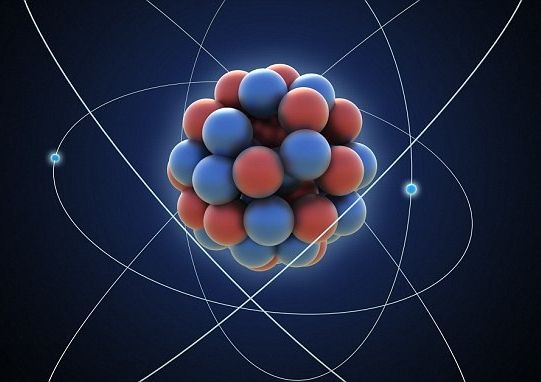
I shared this yesterday; however, another article with another spin (no pun intended)
Working at the Massachusetts Institute of Technology’s (MIT) Fermilab physics laboratory in Illinois, a team of physicists studied the states of neutrinos, among the smallest components of an atom.
Continue reading “Weird quantum effects travel over hundreds of miles” »
Jul 19, 2016
DARPA tackling reusable, modular chipset technology
Posted by Karen Hurst in categories: computing, electronics
More information on DARPA’s efforts in build new interface standards for modular design & practical circuit blocks.
Is it possible to develop chip technology that combines the high-performance characteristics of ASICS with the speedy, low-cost features of printed circuit boards?
Scientists at the Defense Advanced Research Projects Agency this week said they were looking for information on how to build interface standards that would enable modular design and practical circuit blocks that could be reused to greatly shorten electronics development time and cost.
Continue reading “DARPA tackling reusable, modular chipset technology” »
Jul 19, 2016
Is MIND-CONTROL the future of warfare?
Posted by Karen Hurst in categories: computing, drones, military, neuroscience, robotics/AI

Although BMI is nothing new; I never get tired of highlighting it.
Now the group has come up with a way for one person to control multiple robots.
